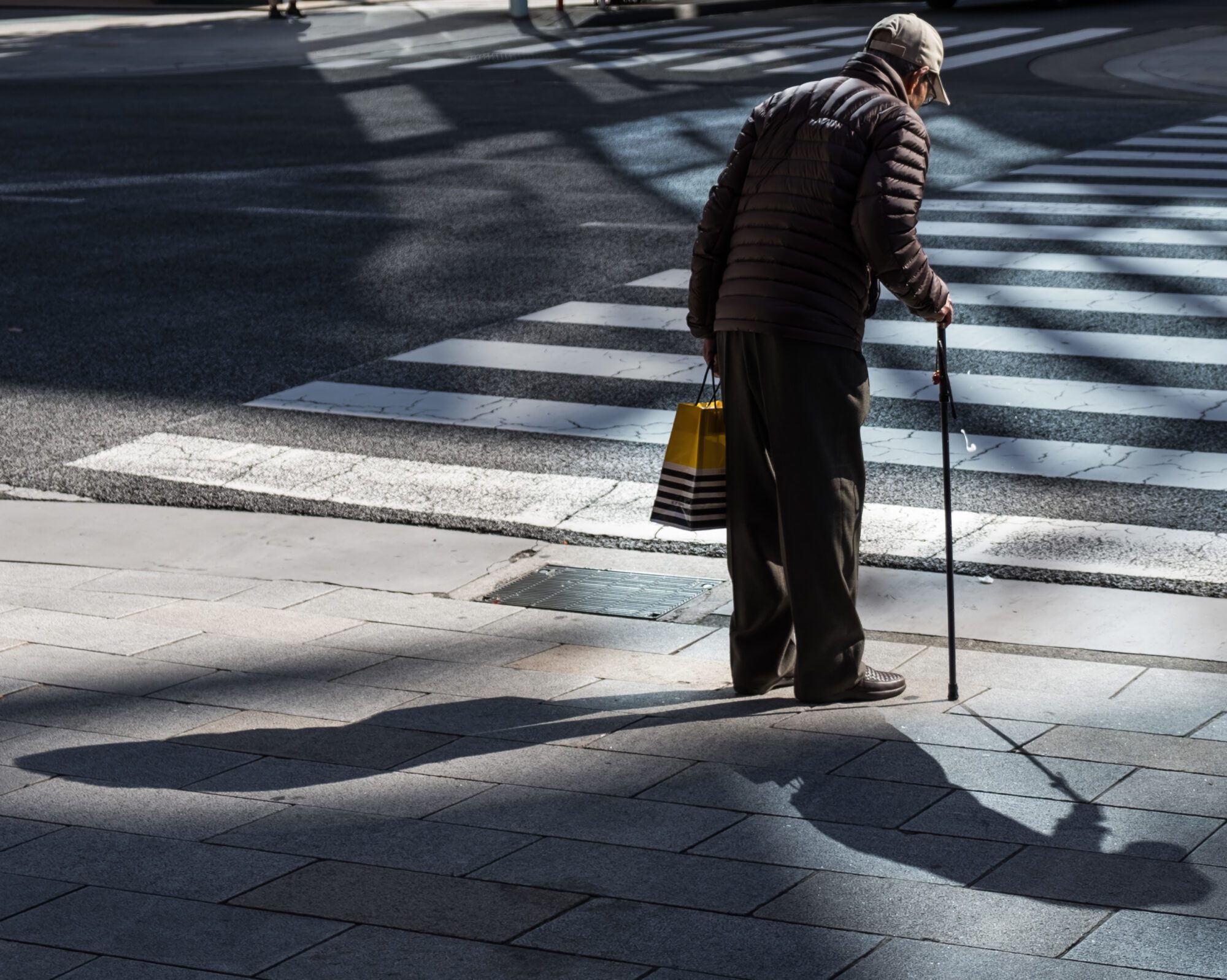
A Yale academic has shot to worldwide infamy by offering up a final solution for Japan’s elderly citizens. In several interviews, Yusuke Narita has recommended mass suicide as a solution to the economic burden the elderly place on Japanese society.
Before a recent New York Times article raised his global profile, the assistant professor of economics, 37, was a relative unknown outside his native Japan, where he enjoys a cult following among the youth. The American publication notes that Narita has appeared on magazine covers, comedy shows, and an advertisement for energy drinks, and has even “spawned an imitator” on the China-owned TikTok app.
For several decades now, Japan has been edging towards a full-blown demographic crisis. In 2021, it recorded its lowest number of births in a century, while it has to support the highest percentage of elderly citizens of any country in the world. Since the 1950s, the growth rate of the population aged over 65 has seen a steady increase, while the inverse is observed in the lower age ranges.
Given its current trajectory, very soon the nation will be left unable to support its elderly population, as fiscal resources and the number of healthcare workers will run low.
In contrast to other low-birth nations, Japan—in its aim to preserve its indigenous culture—maintains a strict immigration policy. As such, it has rejected the option to integrate a steady influx of outside people to address its own demographic imbalance.
This has, however, put the country in somewhat of a bind. Increasingly, the issue dominates Japanese politics. Last month, Japanese Prime Minister Fumio Kishida sounded the alarm, as he stated it was “now or never” for finding a way out of the crisis.
“In thinking of the sustainability and inclusiveness of our nation’s economy and society, we place child-rearing support as our most important policy,” the prime minister said. Kishida wanted the government to double its spending on child-related programs and pledged a new government agency exclusively devoted to the topic to be set up in April 2023.
Before Kishida’s intervention, Narita said in an interview with the online Japanese news program Abema in December, 2021, that a “pretty clear solution” would be the introduction of mass suicide or mass “seppuku” of the elderly.
In Japan’s samurai society, the practice of seppuku, a highly ritualized act of self-disembowelment, was often performed after military defeat.
When asked to elaborate, Narita said it would be a “good thing” to “work hard toward creating a society” like the one depicted in Midsommar, the 2019 Swedish horror film in which the elderly members of a cult trade this life for the next by jumping off a cliff.
“Whether that is a good thing or not, that is a more difficult question to answer,” the professor said. “So if you think that is good, then maybe you can work hard toward creating a society like that.”
Narita went on to suggest “the possibility of making it mandatory in the future.”
Facing backlash, in his more recent interview with the New York Times, Narita, however, backtracked. He argued that his chosen terms, such as “mass suicide” and “mass seppuku” were intended only as “abstract metaphors,” adding that he has ceased using those phrases.
Some of his earlier statements, he added, had also been “taken out of context,” as he was mainly addressing a growing desire to push senior people out of leadership positions in business and politics, so that younger generations could take their place.
Narita went on to tell the publication that “euthanasia (either voluntary or involuntary) is a complex, nuanced issue. I am not advocating its introduction,” adding, “I predict it to be more broadly discussed.”
Due to his controversial statements, Narita has gained considerable traction online, amassing close to 600,000 followers on his Twitter profile, of which the bio reads: “The things you’re told you’re not allowed to say are usually true.”
Unsurprisingly, his primary audience is believed to be resentful youth who believe that their progress on the socioeconomic ladder is being impinged by older fellow citizens.
On its website, Narita’s employer states that the professor’s “opinions on the media and academic work are his own and do not represent the views of the Economics Department or of Yale University,” adding that its disclaimer equally “applies to news media reports about his past statements.”
Narita’s ‘speculations’ have been of concern to critics. If embraced by the public, they warn, these could inaugurate a sinister variation on Japan’s 1948 Eugenic Protection Law, which permitted the involuntary sterilization of people with hereditary diseases, mental illnesses, and intellectual disabilities.
Before the law was finally scrapped in 1996, over 16,500 women and men had been sterilized against their will.
